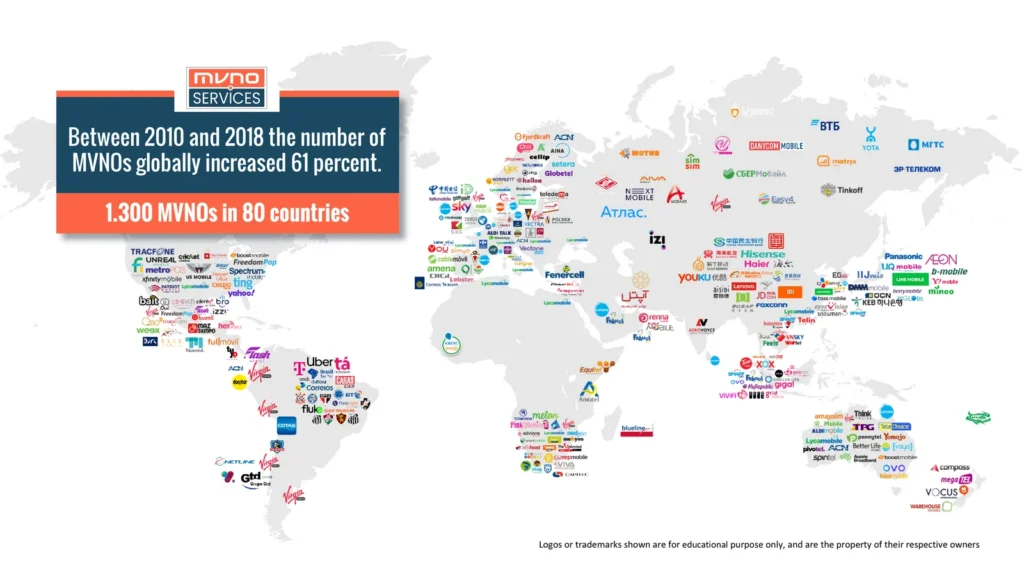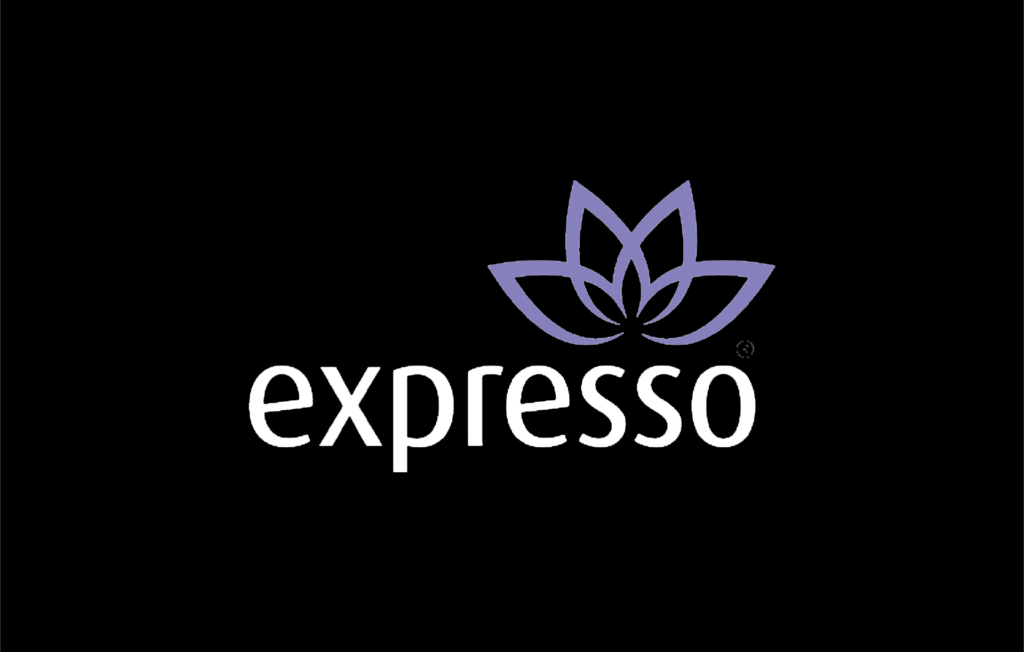Ghana’s telecommunication market has undergone significant changes over the last decade.
The space, which had several telecommunication companies vying for market share, has been reduced to just three major players: MTN, Telecel (formerly Vodafone), and AT Ghana (formerly AirtelTigo).
Ghana’s overall mobile market, as of Jan 2023, has ~40 million voice subscriptions and ~23 million data subscriptions, with MTN Ghana commanding more than 75% of mobile data traffic.
Although innovations like 4G, fibre broadband, and the upcoming 5G have been great milestones, one innovation seen elsewhere in Africa and beyond has been missing: Mobile Virtual Network Operators (MVNOs).
While MVNOs have thrived in markets like South Africa, Nigeria, and Kenya — offering cheaper data plans, niche services, and digital-first customer experiences — Ghana’s market has remained virtually untouched by the model.
What are Mobile Virtual Network Operators
A Mobile Virtual Network Operator (MVNO) is a wireless service provider that does not own its own network infrastructure but leases capacity from a traditional mobile network operator (MNO).
This arrangement allows MVNOs to offer mobile services like voice and data to their customers while the MNO provides the physical network, including towers and spectrum.
MVNOs usually offer their services under their own brand and target specific customer segments.
In the UK, there were 77 active MVNOs as of December 2018. Japan reportedly has close to 80 MVNO brands.

The model, in theory, should fit neatly into Ghana’s growing digital economy, where startups and fintech firms are constantly seeking new ways to connect with users.
But regulatory bottlenecks, high operational costs, and a lack of clear incentives from existing network providers have stifled innovation.
Regulatory Uncertainty and Bad Economics
There have been attempts to create a viable MVNO in the country.
Prince Kofi Kludjeson, founder of Alltel Ghana, was reportedly the first individual to run an MVNO in partnership with Tigo Ghana.
The now-defunct company, Expresso Ghana, was reportedly remodelling to host MVNOs instead of running as an MNO after a trend of profit losses.
In 2015, the NCA formally auctioned off two licenses – an International Wholesale Carrier Service licence (GHC 1 million) and a Mobile Virtual Network Operations (MVNO) licence (GHC 1.2 million) – to interested companies.
But after the purchase of the licenses, the purchasing entity never went into operation.

The economics of MVNOs in Ghana are not as rewarding
MVNOs rely on wholesale agreements with network owners, who often have little incentive to lease capacity at competitive rates.
In Ghana, MTN’s dominance means potential MVNO entrants face a tough negotiation environment.
Smaller operators like Telecel and AT have neither the capacity nor the pricing flexibility to accommodate virtual networks easily.
Missed Opportunities
Experts believe the lack of MVNOs has deprived consumers of innovative services — from youth-oriented data bundles to integrated fintech-mobile offerings.
Neobanks and fintechs such as Brazil’s Nubank and the UK’s Revolut are reportedly looking to launch MVNO services in the near future.
These brands are well-positioned to monetise MVNO services, with their younger demographics being attracted to the flexibility and affordability of both neobanks and MVNOs.
As a result, they are well-positioned to sell mobile subscriptions to their existing customer bases.
Entrepreneurs in the US are also taking advantage of MVNOs. Former US Presidential candidate, Andrew Yang, an entrepreneur himself, recently launched Noble Mobile, a new MVNO in the US market, on the T-Mobile network.

The network’s phone plans start at $50 per month for a single month, with Noble members eligible for cash back rewards if they use less than 20GB in a month.
What Comes Next
The NCA is currently focused on the rollout of 5G, which is reportedly said to be ready by the end of the year.
The Labari Journal emailed the NCA to inquire about the status of MVNOs in the country and if there any plans to boost the space. We did not receive a response by the time of this publication.
For now, Ghana’s telecom landscape remains tightly held by the big three — efficient, profitable, and largely unchallenged.
And for consumers, that means fewer choices, higher costs, and one more missed chance at digital innovation.





